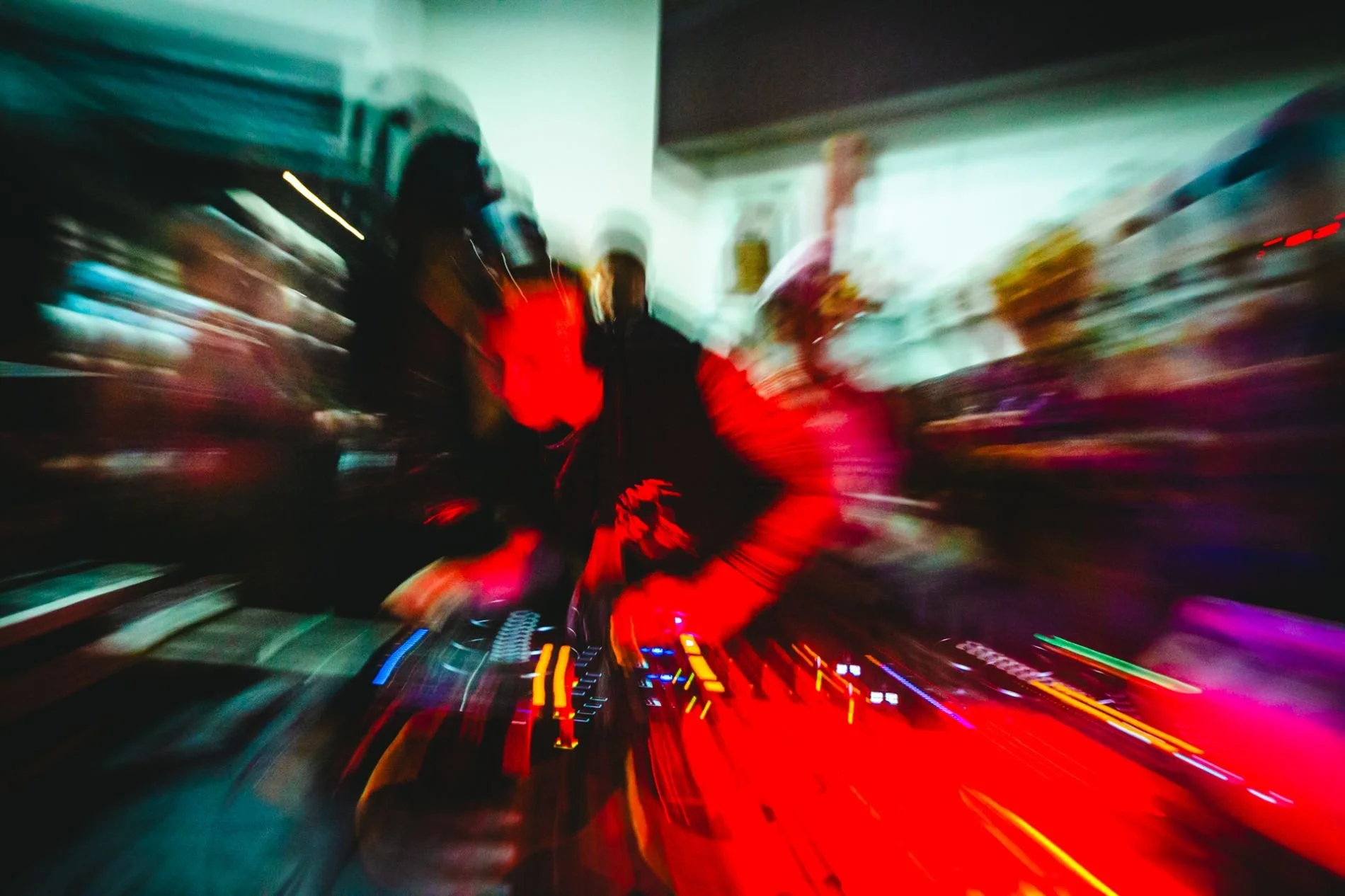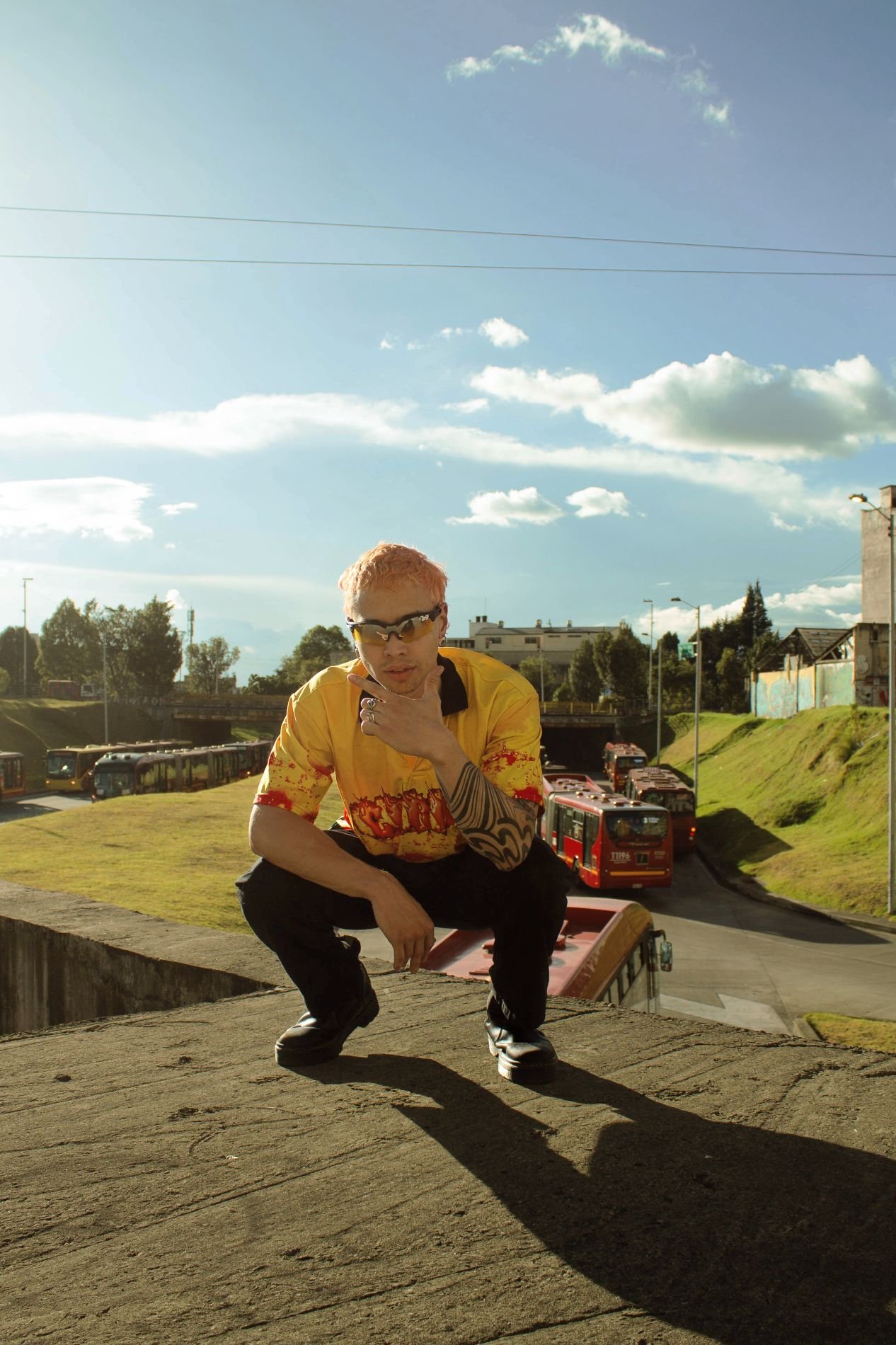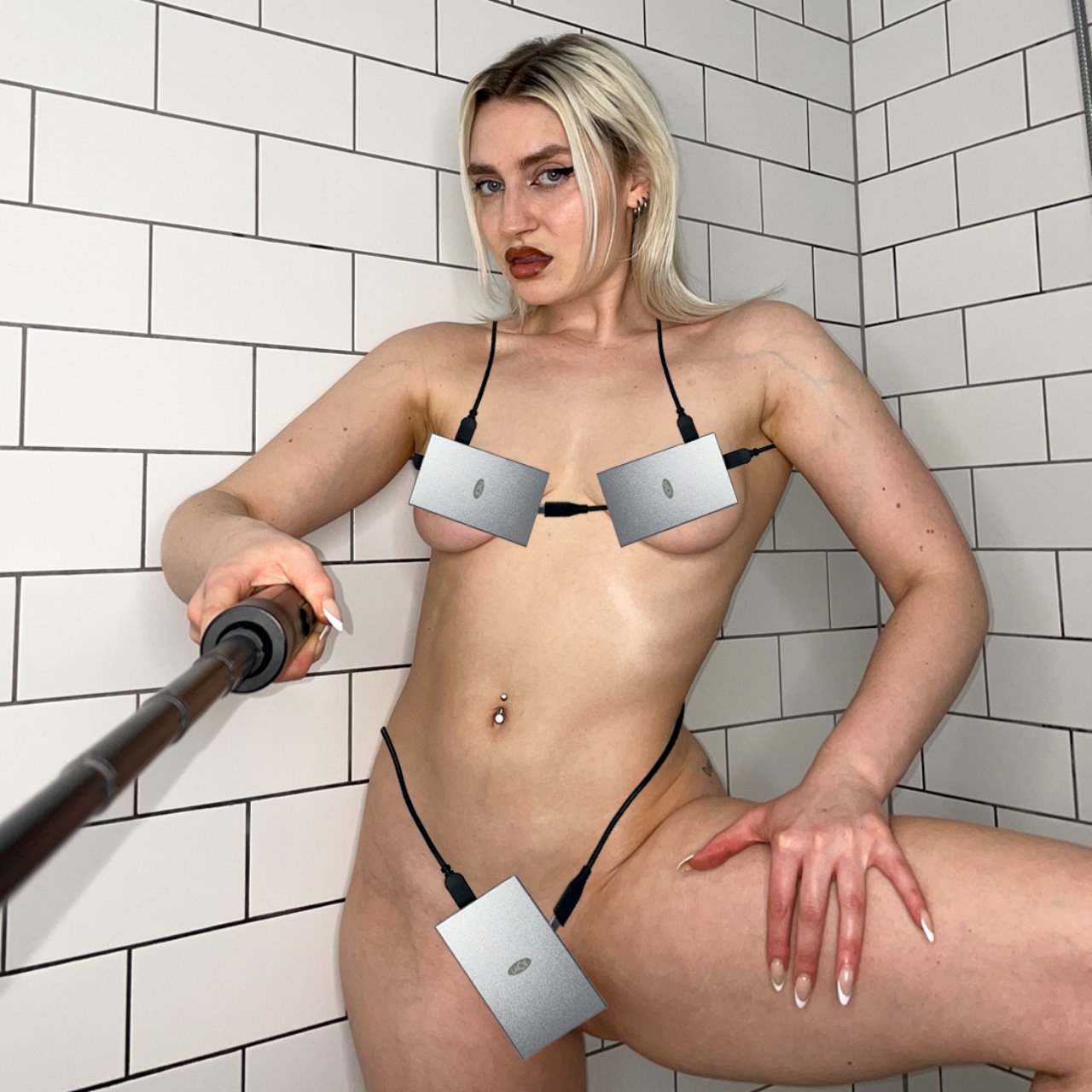CRRDR
CRRDR continues to challenge norms surrounding Guaracha music while spearheading a grassroots movement to champion often overlooked music genres. His distinctive fusion of Latin rhythms with electronic elements has garnered attention from respected outlets including Boiler Room, Vogue, BBC 6, and Mixmag.
His latest release, "En Tu Cora," a collaboration with the renowned artist ROOi, represents a culmination of years of creative endeavour spanning from 2021 to 2024. This spirited track takes listeners on a voyage through a spectrum of emotions, underscored by infectious beats and unforgettable melodies. Seamlessly blending sounds from Colombia to Argentina, "En Tu Cora" emerges as a cornerstone in the realm of Latin Club music.
More than just a song, "En Tu Cora'' embodies a significant cultural statement and serves as a testament to CRRDR's ambition to revolutionise Latin American electronic music on a global scale. The collaboration with ROOi adds an extra layer of creativity and anticipation to this groundbreaking release.
In an interview with Coeval Magazine CRRDR uncovers the inner workings behind "En Tu Cora '', how his hometown influences his music and style and we also touch on what to expect from him in the upcoming months.
Thanks for chatting CRRDR! Your latest track "En Tu Cora" is such a new sound! What was the inspiration behind this collaboration with ROOi?
This track is the result of the work I was doing in 2021, when I started to explore more the nuances of Latin club, during that moment many of my references came from Argentina, such as the whole movement that was brewing Agva Records, Tayhana, Aggromance, and even El Plvybxy. At that time I wanted to connect with an artist from Argentina to connect and understand a little more of the artistic vision of this territory in specifically this type of music, so by chance of life I connected with ROOi on the internet and we started talking, I was working on some demos and I sent him this track that was something sentimental, especially because at that time I was very connected with what "Dinamarca" does, at that time I had also finished the a long relationship I've had and some other things in my life had happened, so I tried to capture a lot of feeling in this song especially in the melodic and percussive part, and then ROOi came in to put his touch and the result of the track was what we saw.
Your music is described as a fusion of Latin rhythms and electronic beats – How did you come up with this distinctive style?
I think the result of this work are many references from Colombian labels such as Putivuelta, Paria Records and Palenque Records, to labels from abroad such as Agva, Salviatek, Infinito Netlabel, Infinite Machine, Naafi, among others. I think there are many references in Latin America that have been doing a lot of things for quite some time and for me it was very interesting to rethink electronic music as something intangible, I think there has always been a very closed thought in Colombia at least about how electronic music should be made, and these labels and references for me made deconstruct what is electronica, because there is a thought that this genre should be the same bassline with a 4x4 pattern and should not be merged with anything, but for me, that's what music is about, historically all genres always end up merged with others and creating new things, so I think my interest in the end is to connect with the music and make things that make me want to dance to connect with other people.
Growing up in Bogotá, what were some early musical influences that shaped your sound today?
What most sounds on the radio since I was a kid was always Reggaeton, is something you hear everywhere, and ends up being part of you, I also listened to a lot of different music with friends like Rap, Metal and even EDM, and when I was growing up I met people who liked a lot the Gabber and Drum and Bass, as my 15 years I started looking for parties more oriented to the electronic and discovered the Drum and Bass parties and I think they changed my life, because they made me discover the magic of fast rhythms, especially because in Bogota there is a big culture of fast rhythms like Hardcore, Hard Techno and Drum and Bass, so for me was to connect with this part since I was younger and so I think that little by little I started to be very interested in producing this kind of music, especially in the beginning I wanted to produce drum and bass, but I never managed to finish a good track of this genre.
Could you tell us more about your mission to challenge stereotypes around Guaracha music in Colombia?
The issue with DIY is a skill that develops as you grow up in Latin America, since no one gives anything for you, you must do things with your hands and with your own resources, because if you don't do it, no one else will do it. Since I was a child I learned that and it is something that has helped me a lot because I have never sought to depend on anyone or anything to do things, everything I have done has been by hand and I am happy with it. Now, the issue with the guaracha is somewhat complicated because in Colombia this genre is born of a context of Narcoculture, this music is born of private parties of basically drug dealers or people related to drugs and created a culture and a conception that the Guaracha is an ordinary music, poorly made and in bad taste. I think it is something totally out of context and that there has been a culture of whitewashing in Colombia specifically about everything that is born in our country is bad and what comes from outside is good, for me the guaracha may have come from this context, However it is a genre that was born in our country and the people who produce, reference and play this type of music have wanted to resignify what this genre is, because in the end it happens with everything, with reggaeton, hip hop, even at the time it happened with disco, house, and others. There will always be people who criticise music, without even understanding its connection or giving it a chance. They only hope to criticise things they don't understand by repeating what other people say without their own criteria, but that's ok, in the end it's part of diversity and understanding that we are all different, I think the guaracha also ends up being a filter of what kind of music you want at your parties and who listens to your music, because we are not interested in everyone liking what you do.
Collaborating with ROOi must have been incredible! What did you learn from working with another big name in the industry, and how did it impact your creative process?
A fun fact about this collaboration is that it was the first time I worked with someone from a distance, at that time I had no idea how to carry out collaborations or work with someone from a distance, but it was really fun, everything flowed quite well, I was looking for the ideal opportunity to release this track and after almost 3 years "En Tu Cora" was released, I'm very happy with the result. For me the biggest learning in this process was the fact of being patient and work the times of other people, personally I am someone very anxious and need to do things ASAP, but in this case I learned a lot in the fact of working at a distance and talk, the funniest thing was that after two years we met in person with ROOi when I did my tour of the southern cone, and in buenos aires was fun to cross and talk about when the track was coming out, I think the timing was perfect and working with ROOi was a very cute experience.
As a pioneering Latin electronic artist, what message do you hope listeners take away from your music, especially with tracks like "En Tu Cora"?
The message I really seek to convey with my music is my personal journey, we are constantly evolving and part of the process is to enjoy it, as difficult as it may be is to understand that everything is in change and we have to live in the moment, I know it's hard but the world has no sense and the sense is just given by us, with my music what I always want to capture are emotions, whether happiness, anger, joy, sadness, all in one embodied on the dance floor, to forget everything that happens and live the day, because it really is very chimba to be alive, it's just that, there is no more transcendence, just enjoy, dance and try to be happy.
What's next on the horizon for you in terms of music releases or collaborations?
There is still a long way to go, I think all this is just starting right now and for me the only thing I want and always wanted is to see how far all this goes, as I was saying, a few years ago I couldn't even imagine making music for a living or even making music. So right now everything is a dream for me, my biggest goal is to get close to winning a grammy, I don't know, it's a fantasy but if you ask me for goals that would be my biggest aspiration, to collaborate with mainstream artists and show this kind of music to new audiences. Also for me, I think what I've always wanted is to collaborate and to make visible what happens in my city and what we are building, there is still a lot to grow and as far as possible I think the most important and my biggest goal would be to keep this kind of genre and music for many years and not go into oblivion or remain as a genre that was fashionable for a while and then died as could be the Moombahton.
interview IZABEL ROSE
What to read next
















